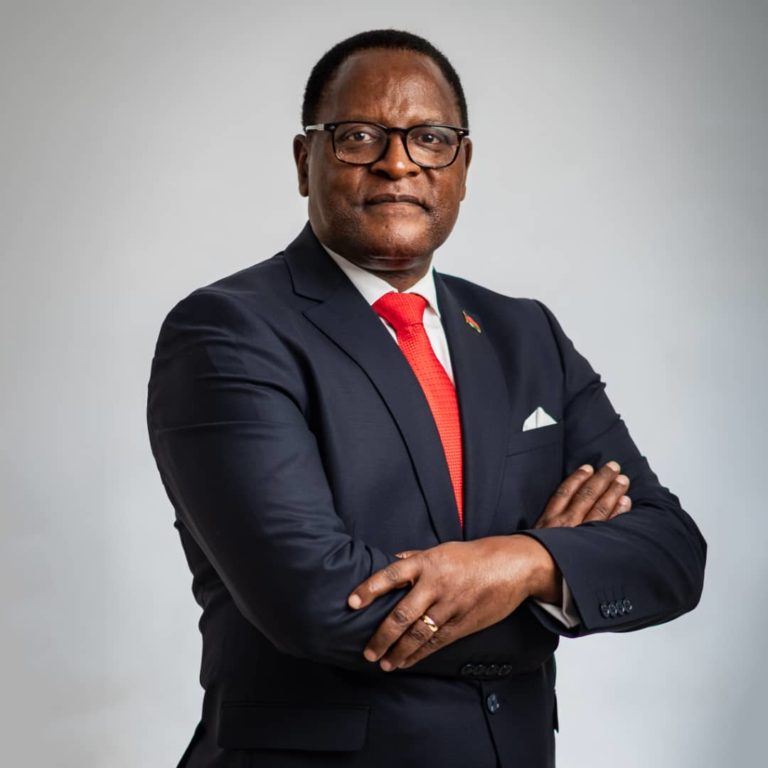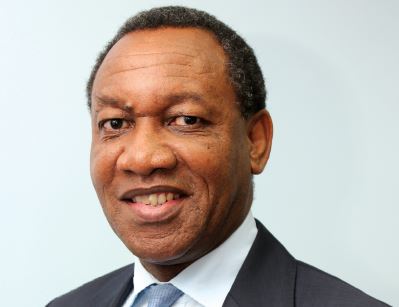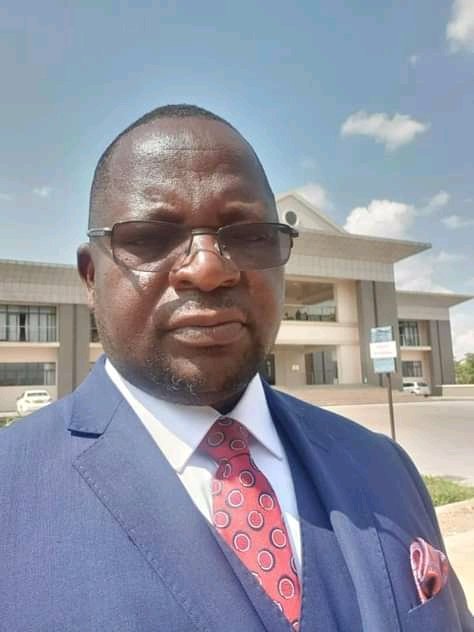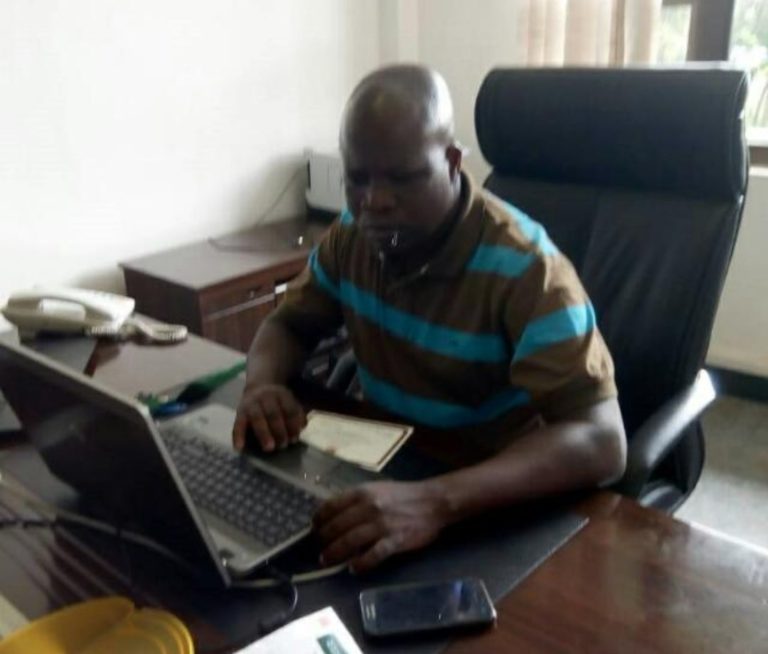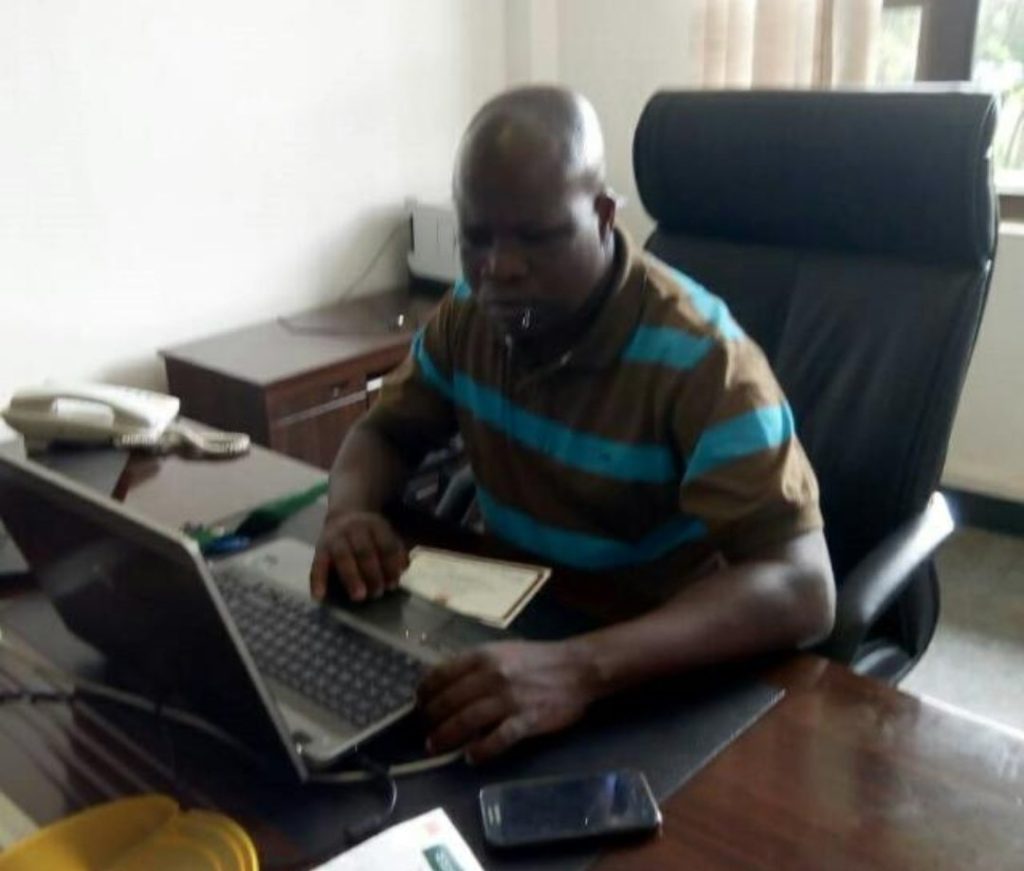By Chikumbutso Mtumodzi
Small businesses are the engines of Malawi’s economic progress and that they are the glue, and the heart and soul of communities across the country. President Lazarus Chakwera is removing all barriers preventing Malawian small businesses from meaningful growth, including access to finance. The National Economic Empowerment Fund (NEEF) has already disbursed loans to close to 4000 groups, of 10 or more women and youths each, across the country.
The Public Procurement and Disposal of Assets Authority (PPDA) is implementing a provision for government and its agencies to give preference to indigenous businesses, particularly SMEs, when awarding government business contracts. On March 28, 2021, President Chakwera issued a directive on public procurement to support local suppliers, in compliance with the Micro, Small and Medium Enterprises (MSME) Order 2020. All Controlling Officers of Government Ministries, Departments and Agencies, as well as District Commissioners and Chief Executives of City Councils have been ordered to implement the MSME Order with immediate effect, by buying from local MSMEs and marginalized groups (the youth, women and people living with disabilities).
Controlling Officers were directed to prioritize procurement of locally made goods, services and works in the spirit of the Buy Malawi Strategy.
BLACK INDIGENOUS BUSINESS NETWORK
The Black Indigenous Business Network (BIBN) has applauded President Chakwera’s efforts to help local small businesses to grow and contribute meaningfully to the social and economic development of the country.
BIBN, which was established in 2020, is a networking group for black indigenous Malawians engaged in business, from the single business owner to the corporate executive. It is a non-profit organisation that aims to support black indigenous Malawians to become self-reliant and act as a bridge between black indigenous business people and the government in a public-private dialogue approach to deal with and manage business constraints. Such dialogue would be pursued at local government, agriculture, education, health, tourism, trade, industry and, commerce sector levels, among others.
BIBN intends to promote and protect the interests of small businesses owned by indigenous Malawians by, among others, facilitating access to loans, loan guarantees and training and capacity-building for entrepreneurs to grow their business.
Many potential, or operating entrepreneurs, lack the knowledge, skill, contacts, or network connections that are useful in starting, managing, and developing businesses.
BIBN membership is open to all business and professional black indigenous Malawians, whether self-employed or employed, “who desire to promote Malawians’ advancement in the business world and who support the objectives, rules and code of ethics and fulfil the membership criteria of BIBN”. Chairperson and Founder Kettie Kamwangala is all praises for President Chakwera and his Malawi Congress Party (MCP) administration for creating an enabling business environment for small local entrepreneurs since coming to power in 2020.

BUSINESS CHALLENGES, INTERVENTIONS
Nothing can hold a business back like the problems of financing, yes, money. This problem impacts heavily on small businesses, which when one larger supplier fails to pay on time, the business can hardly pay its employees and meet other important bills to survive. However, Kamwangala is excited that President Chakwera and his administration are seriously creating an environment where small and medium-sized enterprises have access to finance. NEEF is empowering Malawians, economically, especially the youth and women, through job creation; enhancement of entrepreneurial activities; and support agricultural productivity and value addition.
As stated earlier, NEEF has already disbursed loans across the country in accordance with its new policies and procedures. NEEF has also recruited more loan officers to enhance outreach to more clients.
PAYMENT OF GOVERNMENT ARREARS
The Chakwera administration has also paid arrears, which the previous government owed the private sector, some of them dating as far back as 2015, in a move to support the private sector and small businesses, in particular. The Auditor General audited the arrears and the Ministry of Finance cleared the audited arrears through issuance of Promissory Notes for amounts in excess of K100 million while amounts of less than K100 million are being cleared through the budget.
The decision to clear these longstanding arrears was made in an effort to support the business community, through an injection of the much needed liquidity into the economy, especially in the light of the Covid-19 pandemic.
CONCLUSION
Hitherto, Malawi did not have a business friendly and enabling environment but a business ‘disabling’ environment. Business formalization processes were difficult, time consuming, and costly.
The regulatory burden that entrepreneurs faced was so great that many entrepreneurs, considering costs and benefits, preferred to remain informal. Small entrepreneurs faced serious difficulties in obtaining financing, which President Chakwera and his administration are seriously addressing.
Under the previous administrations, there was widespread corruption that preyed on businesses. President Chakwera is also seriously addressing this matter by, among others, ensuring institutional capacitation for investigation and law enforcing agencies like the Anti-Corruption Bureau (ACB).
Under the previous President Mutharika regime, the independence of the ACB was seriously compromised where clear cases of graft involving ruling party politicians were systematically skirted around whilst the bureau kept snapping at smaller cases involving smaller mortals. Today, the story is different. The ACB has now grown teeth and it is biting without regard to people’s financial or political status. There are no sacred cows. The case in point is the conviction and sentencing to nine (9) years imprisonment with hard labour (IHL) of business tycoon and DPP financier, Dr Thomson Mpinganjira by Justice Dorothy De Gabrielle on Tuesday, 5 October, 2021.
Before President Lazarus Chakwera stormed onto the scene as Malawi’s fifth Head of State, ACB officers who showed bravery and stamina to go after the big corrupt fat cats of the regime were systematically silenced or even murdered.
The gruesome murder of a Senior Officer at ACB, Issa Njaunju comes to mind. Njaunju was killed in July 2015 allegedly over a cases involving a senior State House official.
These are just but the many examples to sum up how the independence of oversight and prosecutorial institutions like ACB were choked by the system and failed to discharge their duties.
Corruption has a serious bearing on the growth of businesses, especially small enterprises. Kettie Kamwangala says that in business, corruption affects licencing, award of contracts and lawsuits, among others. Oftentimes, some businesses survive not because of quality but expediency. She commends President Chakwera for his efforts to root out corruption in Malawi by, among other things, also creating a conducive environment for the justice system in Malawi. President Chakwera is indeed walking the talk when he said he would ensure transparency and the independence of governance institutions like ACB.


